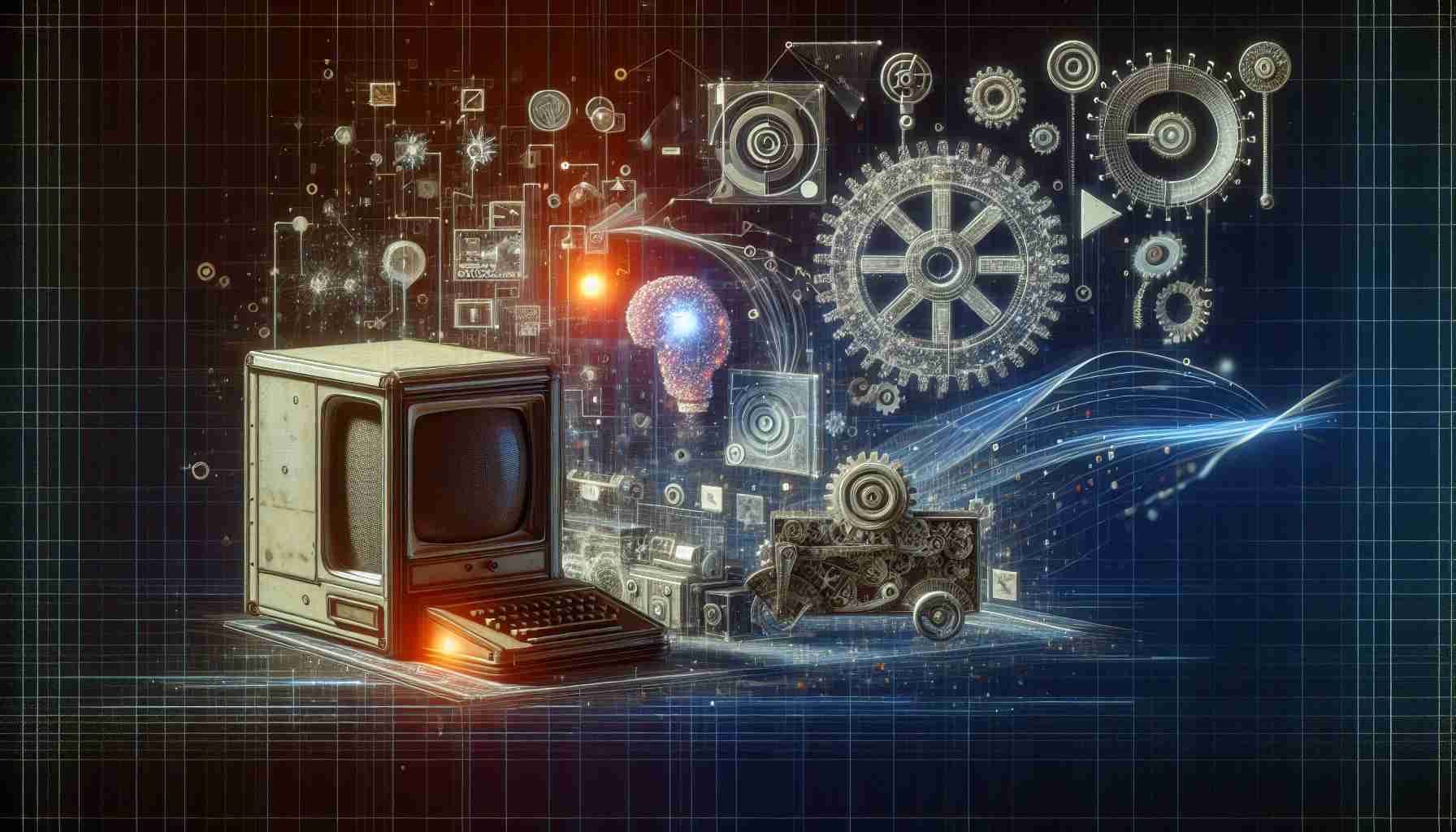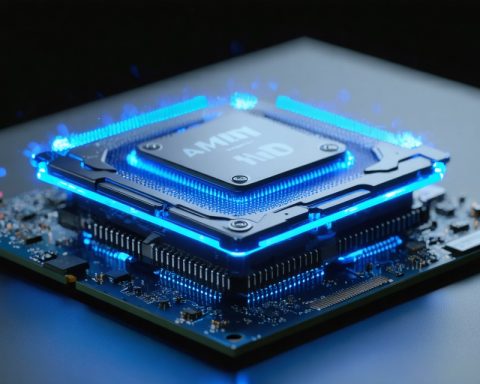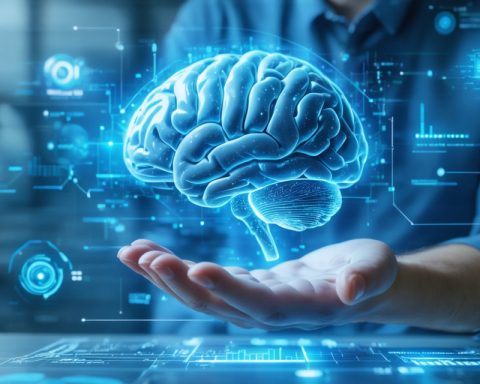The term Artificial Intelligence (AI), now ubiquitous in discussions about technology and our future, was coined in the summer of 1956. But who was the visionary behind this label that captures humanity’s quest to create machines that can mimic human intelligence? The answer lies in a historic conference that laid the foundation for AI as a field of study.
In 1956, a group of forward-thinking scientists organized a workshop at Dartmouth College in Hanover, New Hampshire. This event, known as the Dartmouth Summer Research Project on Artificial Intelligence, was the brainchild of John McCarthy, an assistant professor of mathematics at the time, along with several other luminaries like Marvin Minsky, Nathaniel Rochester, and Claude Shannon. It was at this seminal gathering that McCarthy, a pioneering force in computer science, introduced the term «artificial intelligence» to propose a new discipline that would explore the development of «thinking machines.»
The Dartmouth conference marked the beginning of AI as an academic discipline, bringing together brilliant minds to discuss ideas that would evolve into today’s powerful technologies. McCarthy’s choice of the term was intended to emphasize the potential of machines to simulate aspects of human intelligence, such as learning, reasoning, and problem-solving.
Reflecting on the momentous impact since 1956, the term «artificial intelligence» continues to inspire innovation across diverse fields, influencing how we live, work, and interact in our increasingly digital world.
How AI Is Shaping Our World: New Insights and Controversies
While the origins of Artificial Intelligence (AI) date back to 1956 with John McCarthy’s innovative vision, the profound effects of AI on our societies continue to unfold in surprising ways. One intriguing development is AI’s role in global industries, injecting efficiency into production lines and transforming business models.
Interesting Facts and Controversies:
AI technology isn’t just confined to automated customer service or self-driving cars; it’s now a staple in healthcare, where it forecasts patient diagnoses, streamlines administrative processes, and even assists surgeons with complex procedures. However, this revolutionary integration hasn’t come without controversy. Ethical dilemmas arise concerning privacy, as AI systems often require extensive personal data to function optimally.
Did You Know?
While AI promises monumental advancements, its rapid adoption raises pressing questions about employment. Will AI replace human jobs, or merely augment human capability? The answer is complex. Many experts suggest AI alters job roles rather than wholly eliminating them, demanding a new wave of educational policies that equip future workers with the necessary skills to thrive alongside intelligent machines.
Global Impact:
On a broader scale, AI is redefining economic landscapes. Countries heavily investing in AI, such as China and the United States, may dictate future global power balances, widening the gap between nations with access to advanced technologies and those without.
For those interested in exploring further, trusted sources on AI advancements and ethical debates include World Economic Forum and IBM.
As AI technologies evolve, they bring as many questions as they answer, challenging us to consider how best to integrate these intelligent systems into a future that benefits everyone.








